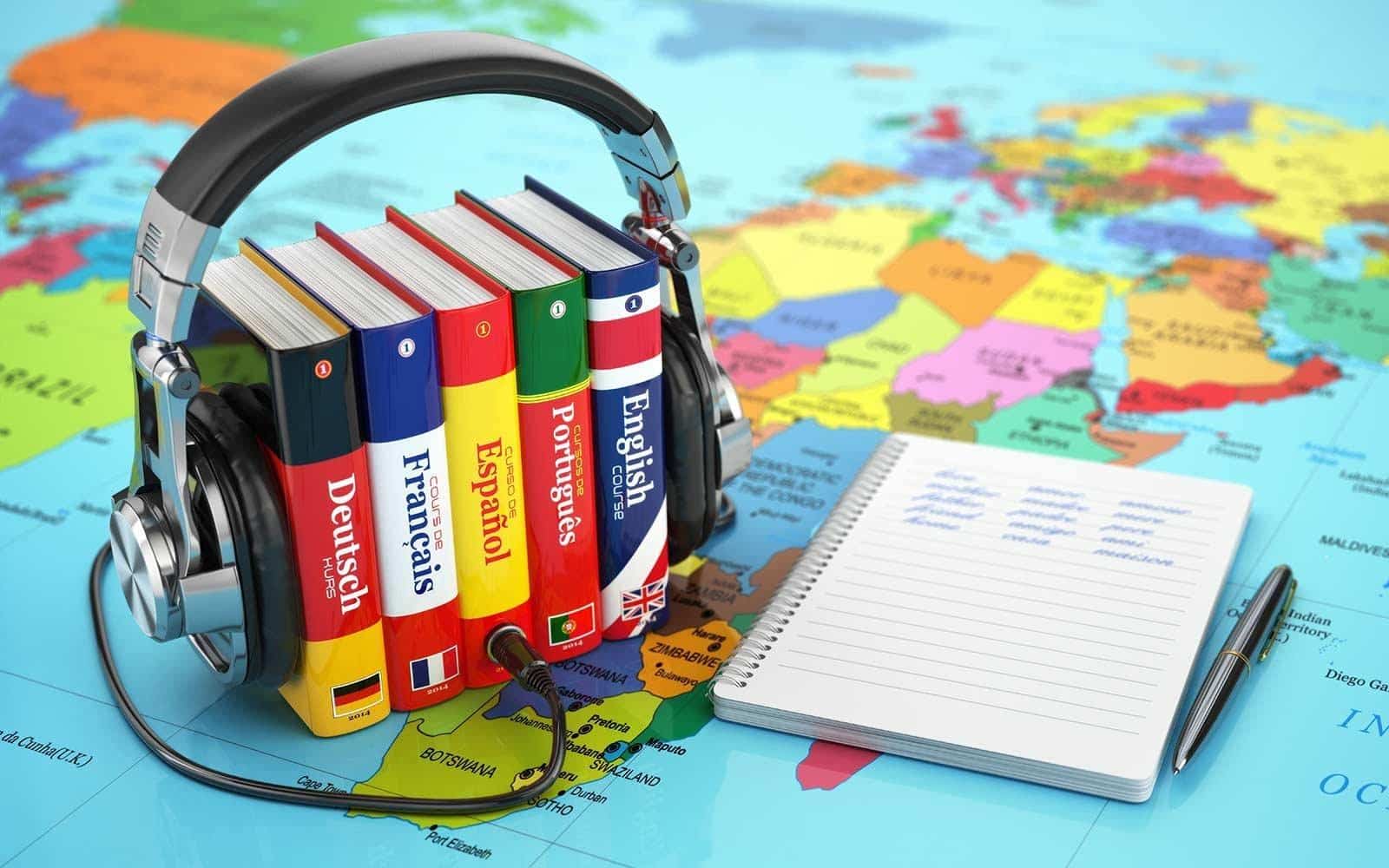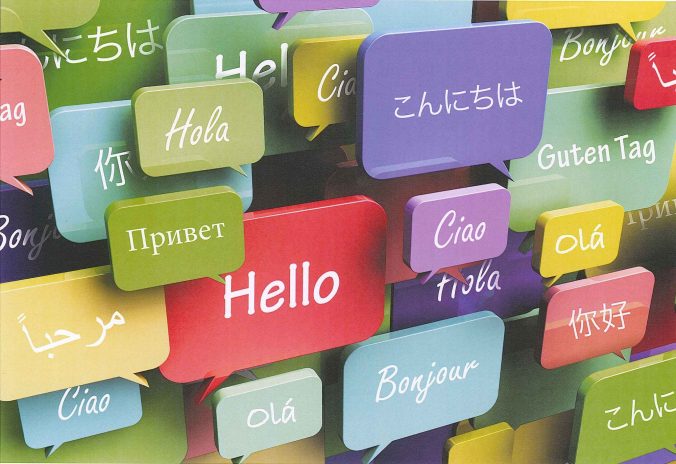What recommendations do child psychologists and educators give regarding teaching English to young children and translate english to russian?
Firstly, most experts do not advise starting to learn a foreign language until the moment when the child has thoroughly mastered his native language, i.e. will communicate freely. The earliest age at which it is recommended to start classes is 5 years.
On the other hand, there are bilingual (and even trilingual) children, where one parent speaks one language to them, and the other parent speaks another. In other cases, communication in the family circle takes place in one language, and at school and on the street – in another, if the family has moved to live abroad. Many Spanish schools, for example, teach in both Spanish and English. Thus, a Russian child whose family lives in Spain is forced to speak three languages at the same time. Although confusion may occur in the child’s head at a certain stage, languages may mix and intertwine in it, but this does not last long. By the age of 6 – 7, the child imperceptibly begins to clearly feel the difference between languages and speaks only one in a certain situation of communication.
In other words, babies have the physical ability to learn several national languages at the same time. However, one should take into account the environmental factor, the factor of the environment that speaks a particular language. It is possible to raise a child bilingual only if one part of his environment (family or one of the parents) speaks one language, and the other part (kindergarten, school or other parent) speaks another. If the child has Russian-speaking parents, and he lives with them in Russia, you should not hope that he will be able to master English at a tender age, no matter how much they study with him. To set yourself such a goal would be wrong.
child has Russian-speaking parents, and he lives with them in Russia, you should not hope that he will be able to master English at a tender age, no matter how much they study with him. To set yourself such a goal would be wrong.
The second important point is that a small child cannot be forced to study English. Any violent actions on the part of parents or teachers will only turn him away from the English language. The child should like to learn English, this activity should be interesting to him.
How to make your child enjoy learning English and translate english to french? Playing with him is the only correct answer. The need for play is inherent in the very nature of children. This is the way that children use to find causal and other relationships in the surrounding reality. This is their way of knowing the world. To learn English for a child becomes natural, you need to place this language in a natural environment for him (the child) – in the game.
The variety of games and toys to which English can be “attached” is very large. Cubes and cards with English letters or words, puzzles with English inscriptions, simple crossword puzzles, animation and other computer games, etc. A child playing with an “English” toy unconsciously learns small, so far scattered pieces of information, which later can easily be integrated into the system of knowledge about the English language. He does not tense up and does not get tired, because he does what he loves – the game, but such a game brings not only pleasure, but also practical benefits.

